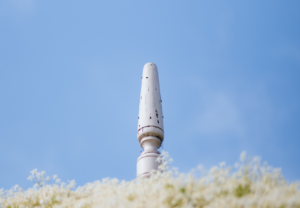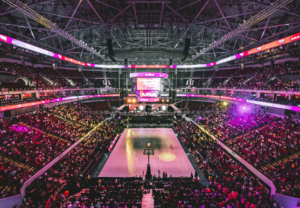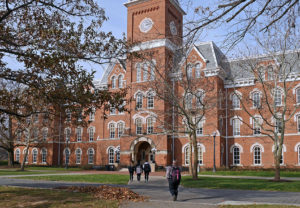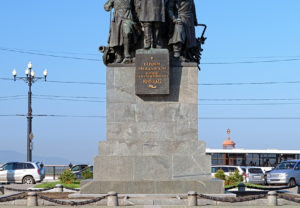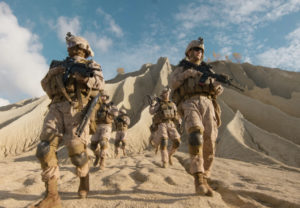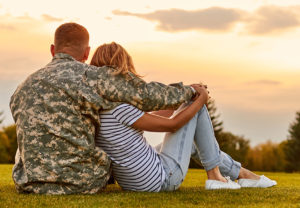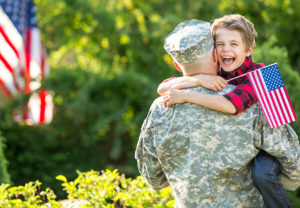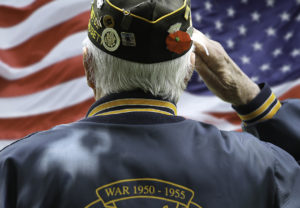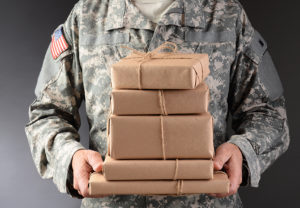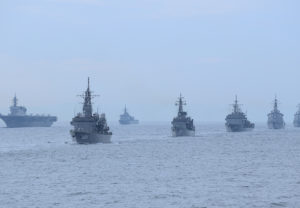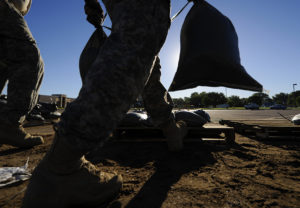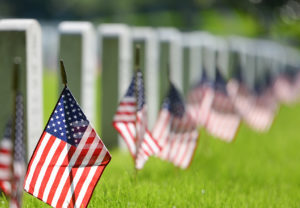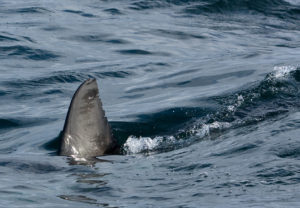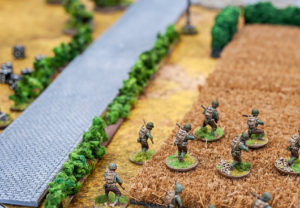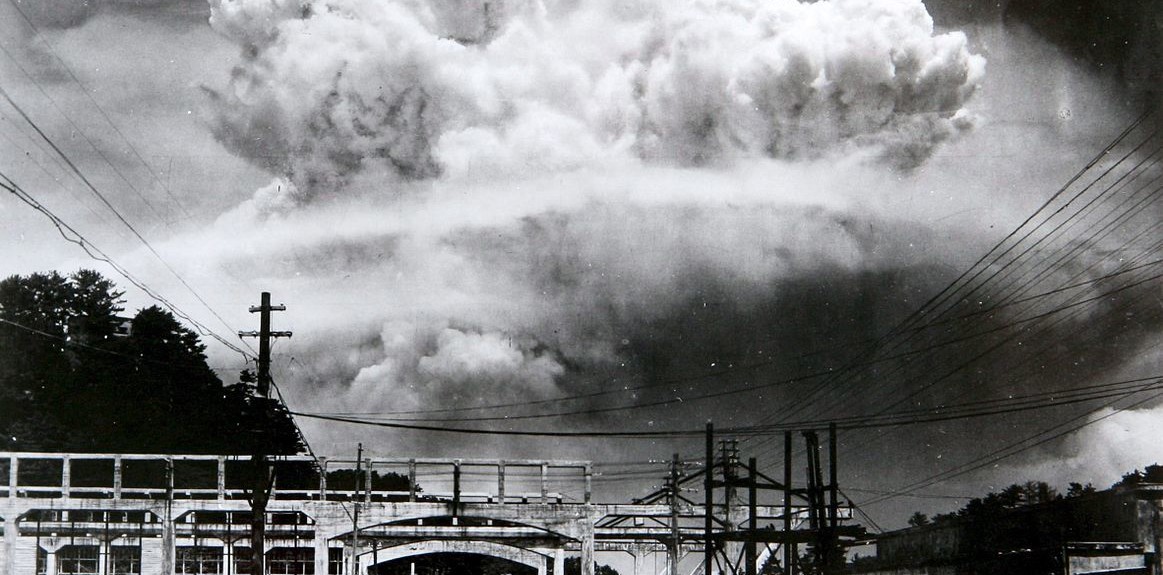You heard a former United States Army Air Forces captain and navigator tell with his own words what it was like dropping “Little Boy” on Hiroshima on the morning of August 6, 1945. Fortunately for him and his crew members, they were thousands of feet in the air and miles from the scene when the greatest weapon man ever created detonated and all but erased a major Asian city.
Three days later on August 9, 1945 — 70 years ago today — the U.S. dropped another atomic bomb on Japan, this time on the city of Nagasaki. The warhead was dubbed “Fat Man”.
Here’s a photograph of it:
It weighed five tons and according to a recent piece in the The New Yorker (among other sources) adorned on its casing were messages written by American B-29 crew members to the Japanese like “Here’s to you!” and “A second kiss to Hirohito”. On the nose of the bomb, an acronym was stenciled: JANCFU, which stood for “Joint-Army-Navy Civilian Fuckup”.
At 12:02 pm Fat Man detonated 640 feet above Nagasaki.
This is what the city looked like just before the B-29 reached its airspace on that day in 1945:
Here’s what it looked after the bomb was dropped:
Later that day, at 10 pm in Washington DC, President Harry Truman delivered a radio speech to the American people from the White House regarding the events that had transpired. In it, he included a brief detail of the use of the bomb, but didn’t at all mention Nagasaki.
The world will note that the first atomic bomb was dropped on Hiroshima, a military base. That was because we wished in this first attack to avoid, insofar as possible, the killing of civilians. But that attack is only a warning of things to come. If Japan does not surrender, bombs will have to be dropped on her war industries and, unfortunately, thousands of civilian lives will be lost. I urge Japanese civilians to leave industrial cities immediately, and save themselves from destruction.
I realize the tragic significance of the atomic bomb.
It’s estimated that 40,000 to 80,000 people died as a result of Fat Man’s destruction.
On September 2, 1945, the Empire of Japan officially surrendered, bringing their role in World War II to an end.


